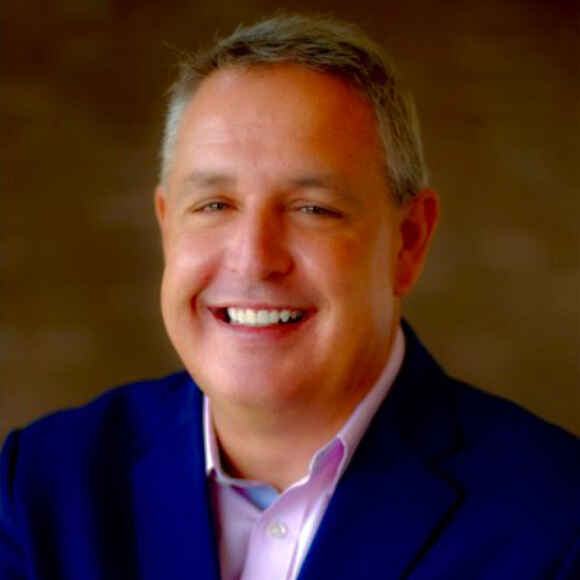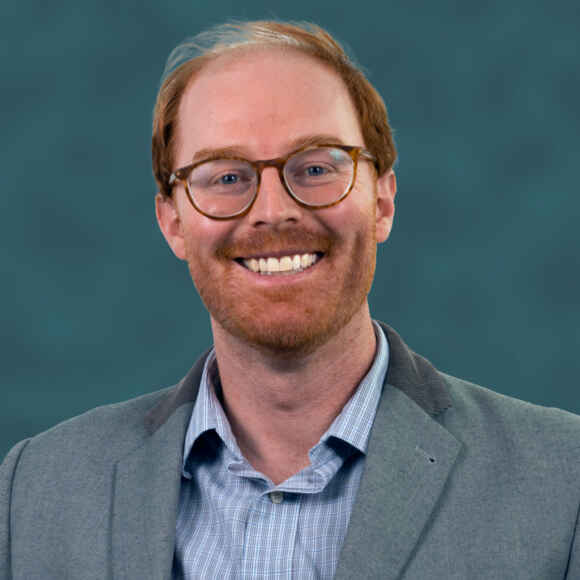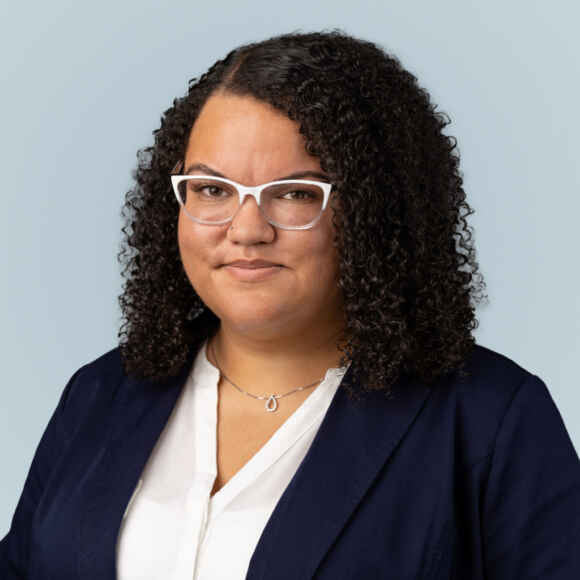About Mind Springs Health – The Women’s Recovery Center – Clifton
Mind Springs Health – The Women’s Recovery Center is located in Clifton, Colorado, on seven acres of land. They’re an intensive residential drug and alcohol rehabilitation center for women. They also allow women to bring their children with them. Women get help for co-occurring disorders alongside substance use treatment.
The program offers level 3.5 intensive inpatient care. The women’s program also has 3.1 transitional housing.
The facility works with most major insurance companies. They’re also an in network provider for several private plans. They accept Health First Colorado Medicaid and Medicare. The center is nonprofit and offers a discounted and sliding fee scale. If you don’t have insurance, they can work with you to find funding for your treatment. They don’t turn anyone away based on an inability to pay for services.
You’ll be treated with a whole body approach that includes your emotional and spiritual needs along with your mental and physical health needs. They employ a structured program with numerous treatment approaches. Some of the therapies include motivational enhancement therapy, dialectical behavior therapy and the matrix model for methamphetamine addiction.
The center offers case management to make sure you stay on track with your treatment. If needed, you can also get a psych referral, and while in the program, you’ll have a personal addiction counselor. The counselor focuses on empowerment and personal responsibility and helps educate you on recovery and how to avoid relapse.
If you’re bringing your children, there are family bedrooms that have playrooms, and you’ll get family time with your children. Families are also included in therapy when appropriate. There’s art therapy and indoor recreation such as yoga and weight training. There are outdoor exercise activities such as walking and meditation paths.
Once you meet your personal treatment goals you can graduate. That means some women graduate early while others take some additional time. After graduation, the center connects you to additional supportive resources to continue your recovery journey.




